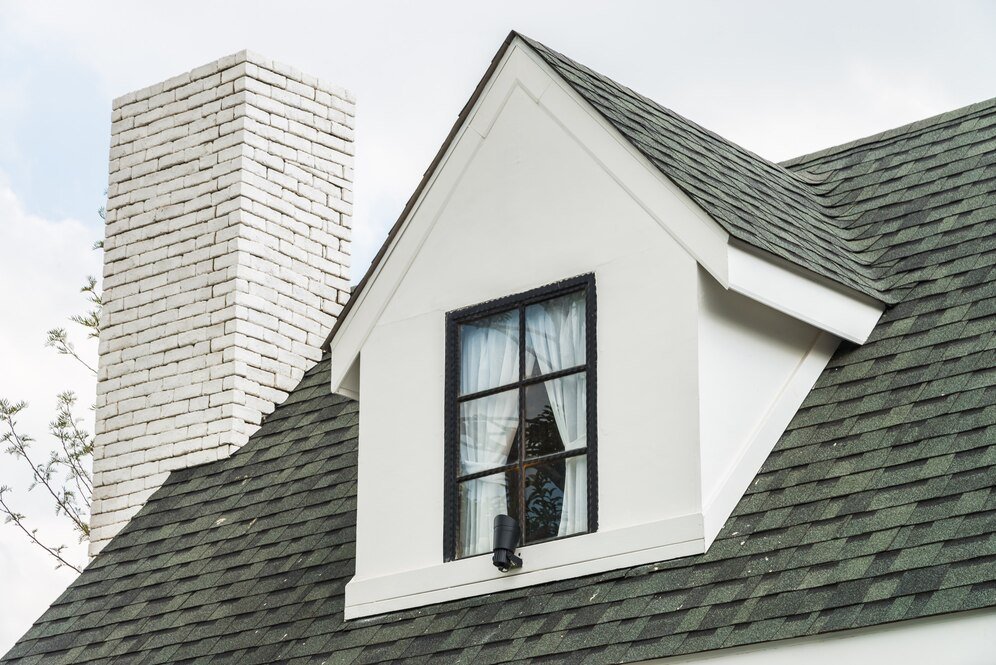Top Residential Roofing Options for Florida Homes

When it comes to residential roofing in Florida, selecting the right materials and contractor is essential to safeguarding your home. Florida’s weather is challenging, with hurricanes, high humidity, and intense sunlight. A durable and energy-efficient roof designed for these conditions not only protects your home but also reduces long-term costs.
Florida’s Climate and Its Impact on Residential Roofs
Florida’s unique climate requires roofs that can handle extreme weather. Frequent storms, moisture, and salty air are key factors to consider when choosing roofing materials.
Best Roofing Materials for Residential Properties in Florida
1. Metal Roofs
- Advantages: Known for their durability and resistance to extreme weather, metal roofs last up to 50 years. They also reflect heat, improving energy efficiency.
- Why It’s Ideal for Florida: Metal roofs can withstand strong winds and resist corrosion from salty air, making them suitable for hurricane-prone areas.
2. Tile Roofs
- Advantages: Clay and concrete tiles offer excellent durability and are resistant to rot and insect damage. They are also low-maintenance.
- Why It’s Ideal for Florida: Tile roofs are designed to handle Florida’s high humidity and salty environment while providing natural ventilation to keep homes cooler.
3. Asphalt Shingles
- Advantages: Affordable and versatile, modern asphalt shingles are durable and available in various styles and colors.
- Why It’s Ideal for Florida: High-quality asphalt shingles are designed to resist moisture and wind uplift, making them cost-effective for Florida homes.
What is the most hurricane-resistant roofing material in Florida?
Metal roofing is the most hurricane-resistant option in Florida, as it can withstand wind speeds up to 160 mph and resists impact from flying debris.
Key Factors to Consider When Choosing Residential Roofing
1. Wind Resistance
Your roof must meet Florida’s building codes for wind resistance, especially in hurricane-prone regions. Materials rated for 130+ mph winds are ideal.
2. Heat Reflection
Roofing with reflective coatings reduces indoor heat, enhancing energy efficiency and lowering cooling costs during Florida’s hot summers.
3. Moisture Protection
Ensure the materials you choose are resistant to mold and algae. Products with anti-microbial features prevent roof damage in high-humidity areas.
4. Hurricane Preparedness
Use reinforced fasteners, impact-resistant materials, and expert installation to safeguard your roof during storms.
Maintenance Tips for Florida Roofs
1. Annual Inspections
Have your roof inspected annually by a licensed professional to detect and address potential issues early.
2. Debris Removal
Clear leaves, branches, and dirt regularly to prevent water pooling and structural damage.
3. Protect Against Algae
Install zinc or copper strips to minimize algae growth, which is common in Florida’s humid climate.
4. Check Gutters
Keep gutters clear to ensure proper water drainage and prevent leaks or water damage to the roof’s structure.
Why Professional Roofing Services Matter in Florida
Hiring a qualified contractor ensures that your roof is installed or repaired according to Florida’s building codes. A professional will use the right materials and techniques for maximum durability and compliance.
Protect your home with a roof designed for Florida’s climate. Contact us today for a free consultation and a no-obligation quote.


